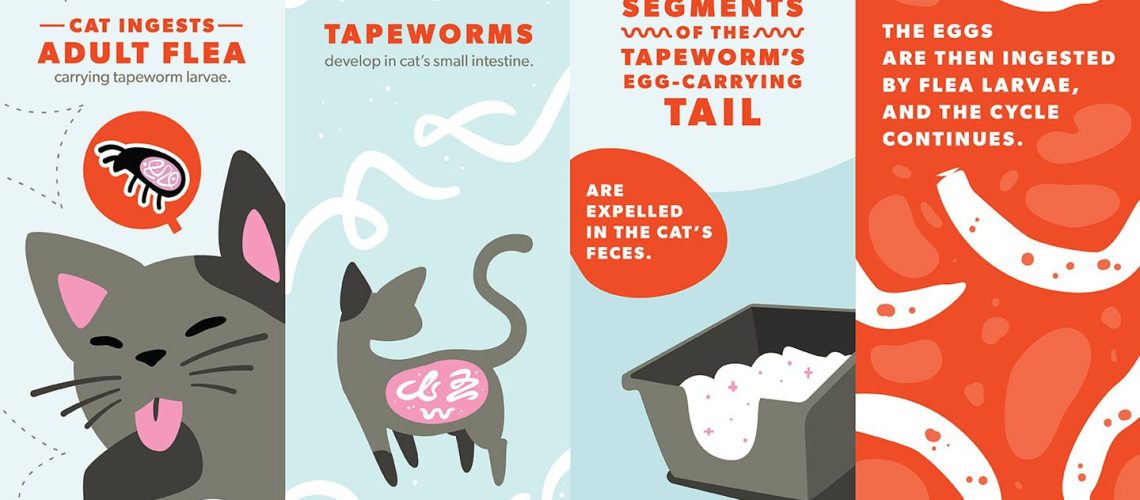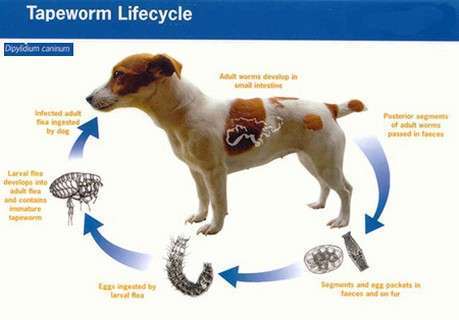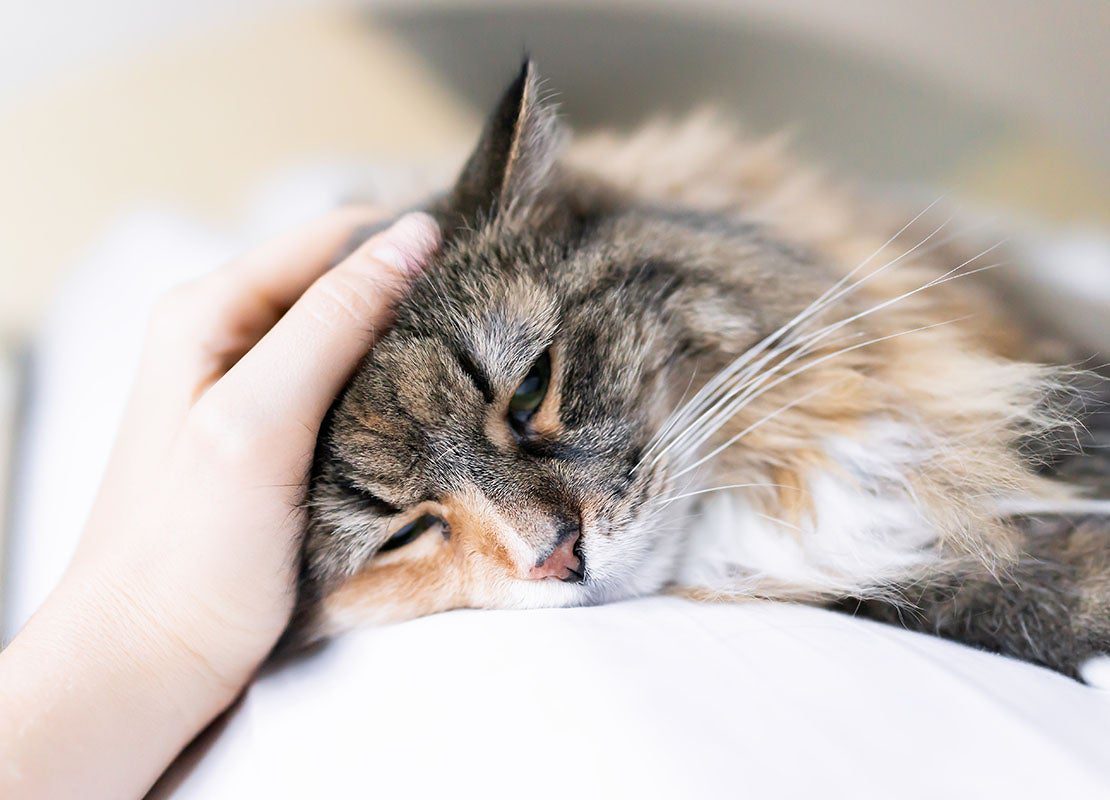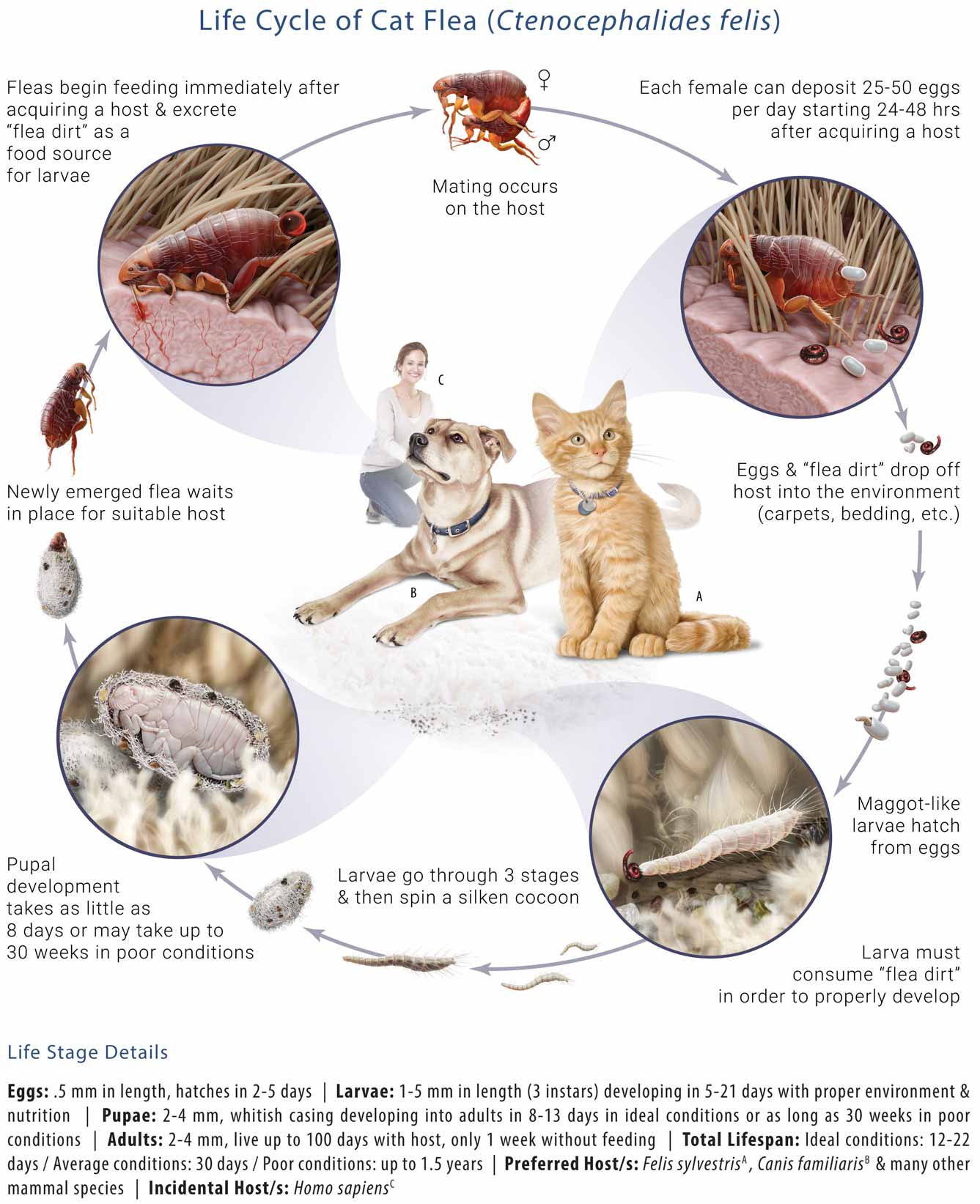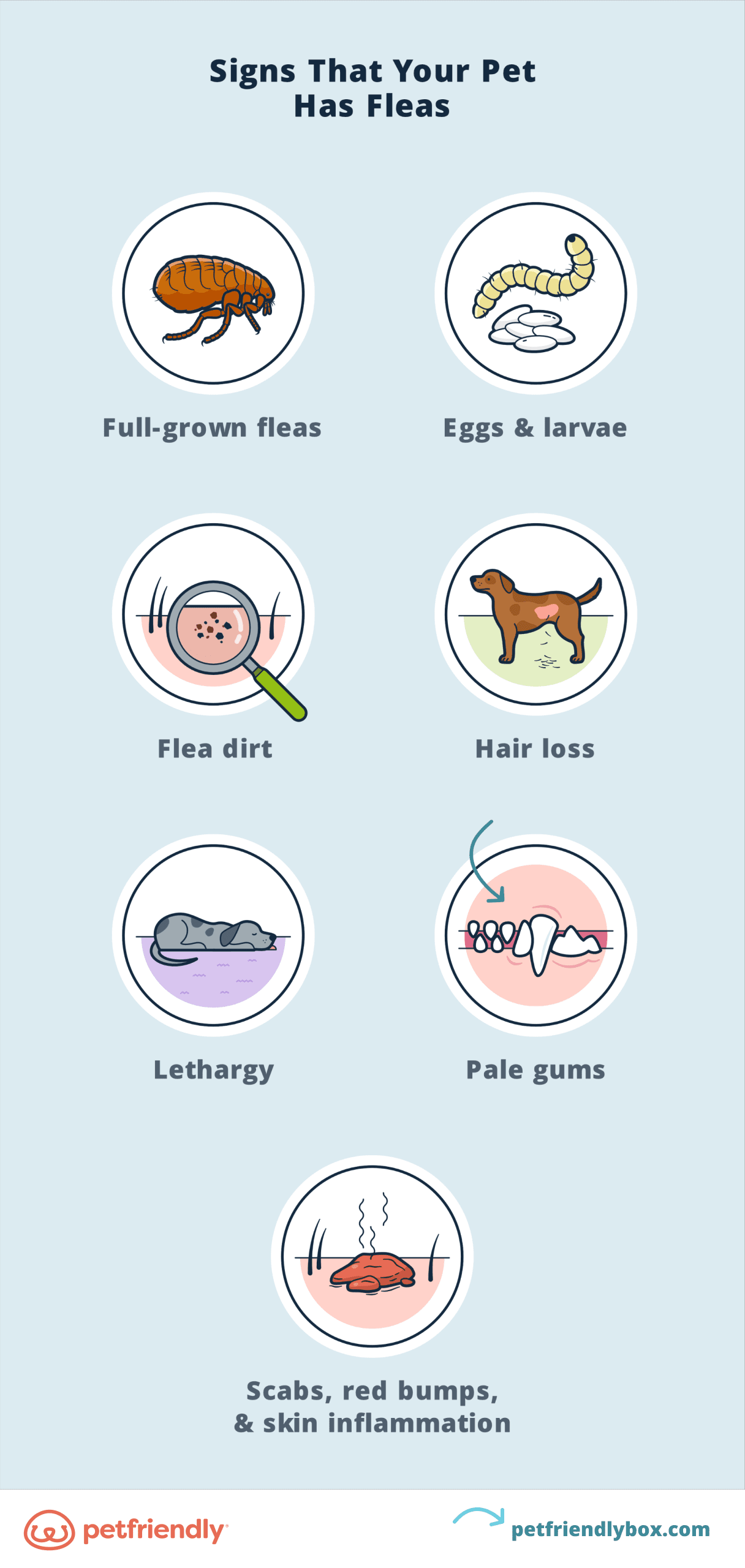Key Takeaways:
- Tapeworms are a common parasite in cats, especially those that have access to the outdoors.
- Cats can become infected with tapeworms by ingesting fleas or small rodents that carry the parasite.
- One of the most noticeable signs of tapeworm infection in cats is the presence of rice-like segments in their feces or around their anus.
- Tapeworm infections can cause weight loss, poor coat condition, and digestive disturbances in cats.
- Regular deworming and flea prevention are crucial for keeping cats free from tapeworms.
Attention all cat owners! Did you know that your furry friend might be harboring unwanted guests? That's right, tapeworms could be lurking inside your beloved pet. But before you cringe and look away, let me tell you why delving into this subject is not only valuable but essential for the well-being of your cat. Understanding tapeworms can help you ensure the health and happiness of your feline companion. In this article, we will explore the fascinating world of these parasitic creatures and uncover how they affect your cat's life. So, grab a cup of tea, get cozy, and prepare to discover the dark secrets of tapeworms in your cat – knowledge that every responsible pet owner should possess.
What are Tapeworms and How They Affect Cats?
Tapeworms are a type of parasitic worm that can infect cats. They have long, flat bodies made up of segments, and they attach themselves to the walls of the cat's intestines. These parasites can cause discomfort and health problems for cats.
When tapeworms attach to the intestines, they feed off the nutrients that the cat ingests from its food. This can lead to weight loss and malnutrition in severe cases. Tapeworms can also cause irritation in the intestines, leading to diarrhea or vomiting.
How Tapeworms Affect Cats
The presence of tapeworms in cats can lead to various symptoms and health issues:
- Weight loss: Tapeworms consume nutrients from the cat's food, causing weight loss despite a normal appetite.
- Anal irritation: The segments of tapeworms near the anus can cause itching and discomfort.
- Vomiting: In some cases, cats may vomit due to irritation caused by tapeworms in their intestines.
- Poor coat condition: Infected cats may have dull fur or experience hair loss.
How Cats Get Infected with Tapeworms?
Cats become infected with tapeworms through ingestion of fleas or small animals like rodents that carry tapeworm larvae. When a cat accidentally swallows an infected flea during grooming or consumes an infected prey animal, it becomes host to tapeworm larvae inside its body.
The tapeworm larvae then develop into adult worms within the cat's intestines, where they can reproduce and release more eggs. These eggs are shed in the cat's feces, which can then contaminate the environment and potentially infect other animals.
Common Sources of Tapeworm Infection in Cats
Cats are most commonly infected with tapeworms through:
- Fleas: Fleas are a common source of tapeworm infection in cats. When a cat ingests a flea while grooming, it can become infected with tapeworm larvae.
- Prey animals: Cats that hunt and eat small rodents or birds may become infected with tapeworms if these prey animals carry tapeworm larvae.
- Ingesting contaminated feces: Cats that come into contact with contaminated feces from infected animals can accidentally ingest tapeworm eggs, leading to infection.
Can Tapeworms Spread from Cats to Humans?
The good news is that most species of tapeworms found in cats cannot directly infect humans. However, there is a particular type called Dipylidium caninum that can occasionally affect humans, especially children who may accidentally ingest fleas carrying the larvae.
To prevent any potential risk to human health, it is essential to practice good hygiene and regular deworming for pets. If you suspect your cat has tapeworms or notice any unusual symptoms, it is recommended to consult a veterinarian for proper diagnosis and treatment.
Common Symptoms of Tapeworms in Cats
Tapeworm infections in cats may not always cause noticeable symptoms, especially in mild cases. However, some common signs that could indicate the presence of tapeworms include:
- Rice-like segments in feces or around the anus: These small, white segments may resemble grains of rice and can often be seen on the cat's bedding or near their litter box.
- Excessive grooming around the anal area: Cats with tapeworms may frequently lick or bite their rear end due to irritation caused by the parasites.
- Weight loss despite a normal appetite: Tapeworms can cause cats to lose weight even if they continue to eat normally.
- Vomiting or diarrhea: In severe cases, tapeworm infections can lead to digestive issues such as vomiting or diarrhea.
How Veterinarians Diagnose Tapeworm Infections in Cats
If you suspect your cat has tapeworms, it is essential to consult a veterinarian for proper diagnosis. The vet will perform a thorough examination and may use various diagnostic methods, such as:
- Fecal examination: A sample of your cat's feces will be analyzed under a microscope to check for the presence of tapeworm eggs or segments.
- Physical examination: The vet will examine your cat's overall health and look for any signs of tapeworm infection, such as visible segments around the anus.
Tapeworm Diagnosis Process
Treatments for Getting Rid of Tapeworms in Cats
Once a tapeworm infection is diagnosed, your veterinarian will recommend an appropriate treatment plan to eliminate the parasites. The most common treatment options include:
- Deworming medication: Oral medications specifically designed to kill tapeworms are usually prescribed. These medications work by either paralyzing or dissolving the worms, allowing them to be expelled from the cat's body through bowel movements.
- Flea control: Since fleas are a common source of tapeworm infection, it is crucial to also address any existing flea infestations on your cat and in their environment. Your vet may recommend flea prevention products or treatments.
Treatment Process for Tapeworm Infections
The typical process for treating tapeworm infections in cats involves:
- Administering the prescribed deworming medication as directed by your veterinarian.
- Monitoring your cat for any potential side effects or changes in symptoms after treatment.
- Implementing flea control measures to prevent re-infection.
- Scheduling follow-up appointments with your vet as recommended to ensure complete eradication of the tapeworms.
Preventing Tapeworm Infections in Cats: Tips for Cat Owners
While it may not be possible to completely eliminate the risk of tapeworm infections in cats, there are several preventive measures that cat owners can take:
Tips for Preventing Tapeworm Infections
- Regular flea control: Use veterinarian-recommended flea prevention products to keep your cat protected from fleas, as they are a common source of tapeworm infection.
- Preventing hunting behavior: Minimize your cat's exposure to potential prey animals, such as rodents or birds, which may carry tapeworm larvae. Keep your cat indoors or closely supervised when outside.
- Prompt removal of feces: Clean up your cat's litter box daily and promptly dispose of any feces in a sanitary manner to minimize the risk of re-infection or contamination.
- Regular veterinary check-ups: Schedule routine check-ups with your veterinarian to ensure your cat's overall health and to detect any potential parasite infections early on.
By following these preventive measures and seeking prompt veterinary care when needed, you can help protect your beloved feline companion from tapeworm infections and promote their overall well-being.
In conclusion, tapeworms are unwanted guests that can infect your cat. It is important to keep your cat protected through regular vet check-ups and preventive measures like deworming medication. Taking these steps will help ensure the health and well-being of your furry friend.
How can I get rid of tapeworms in my cat?
An anthelmintic medication, which is used to treat worm infections, can be administered in the form of a tablet or an injection. Once the treatment is complete, the tapeworm dies and is typically digested within the intestines, so it is unlikely that worm segments will be passed in the stool. Newer tapeworm medications rarely cause side effects, although vomiting and diarrhea have been reported in some cases.
Why does my indoor cat keep getting tapeworms?
If a cat consumes a flea, it is highly likely that the cat will get infected with a tapeworm. Another common way for cats to get worms is through indirect contact. Even if your cat doesn't go outside, there is still a high chance of other household members going in and out daily.
What happens if you have tapeworms untreated in cats?
Tapeworms generally do not pose a significant threat to cats. In rare instances, they may deplete a cat's nutrients, leading to severe irritation and weight loss, but overall, they typically do not cause substantial harm.
How to get rid of tapeworms in cats without going to the vet?
There are no natural remedies for treating tapeworms in cats. It is important not to ignore them as they can lead to digestive inflammation and secondary infections. The best approach is to focus on prevention.
Is it safe to be around a cat with tapeworms?
The most prevalent type of tapeworm in cats is known as Dipylidium caninum. These tapeworms are easily treatable and do not spread to humans. Veterinarians encounter Dipylidium cases on a regular basis. These worms can grow to be quite long, reaching up to 20 inches in length.
What food kills tapeworms in cats?
Pumpkin seeds can function as a natural remedy for tapeworms in cats. By grinding the seeds and adding them to your cat's food, they can be effective in eliminating tapeworms. This is due to the presence of cucurbitacin, an amino acid in the seeds that is harmful to tapeworms.



